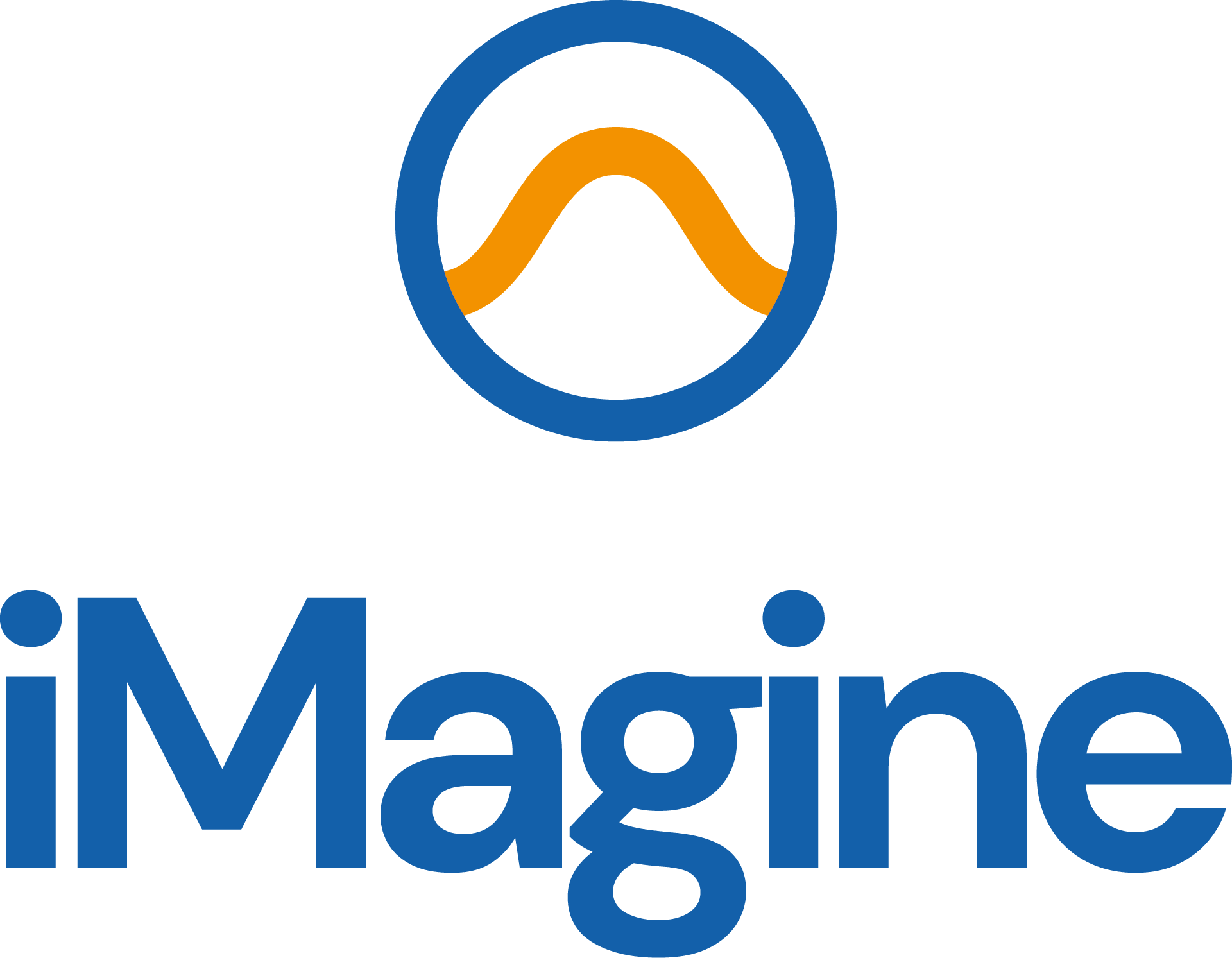Develop a deep-learning method for analysing underwater video footage of cold-water coral (CWC) reefs in the Bay of Biscay. This approach will automate the quantification of live and dead coral, as well as identify key species within the reef ecosystem.
This technology will be particularly valuable for studying deep-sea CWC reefs, such as those found in La Gaviera Canyon, due to the challenges associated with traditional manual analysis.
Cold Water Coral Reefs

Aim
Development actions during iMagine
Project Planning and Requirements Gathering: This phase includes detailed discussions with stakeholders to finalize the scope, functionalities, and technical requirements of the service.
Development and Testing: The actual development of the service, including the implementation of the deep learning algorithms for image labelling, should be carried out in this phase. It is crucial to allocate enough time for testing and debugging to ensure the accuracy and reliability of the results.
User Interface Design and Implementation: The development of a user-friendly interface for uploading images, visualising results, and interacting with the labelled data should be completed during this phase.
Data Management and Storage: Establishing a robust data management system to store and organize the labelled data is essential for future monitoring and analysis.
Documentation and User Support: Proper documentation of the service’s functionalities and user support materials should be prepared to assist users in effectively utilising the service.
Final Testing and Quality Assurance: Before launching the service, a comprehensive final testing and quality assurance process should be conducted to identify and rectify any potential issues.
Service Deployment: After successful testing and validation, the service can be deployed for use by researchers and conservationists.

